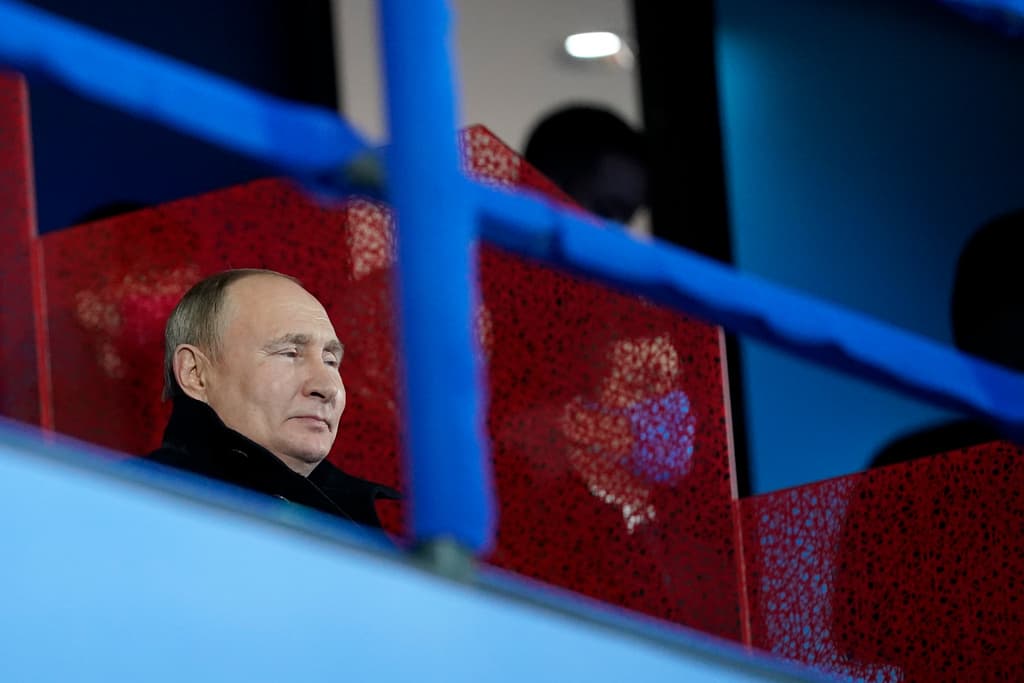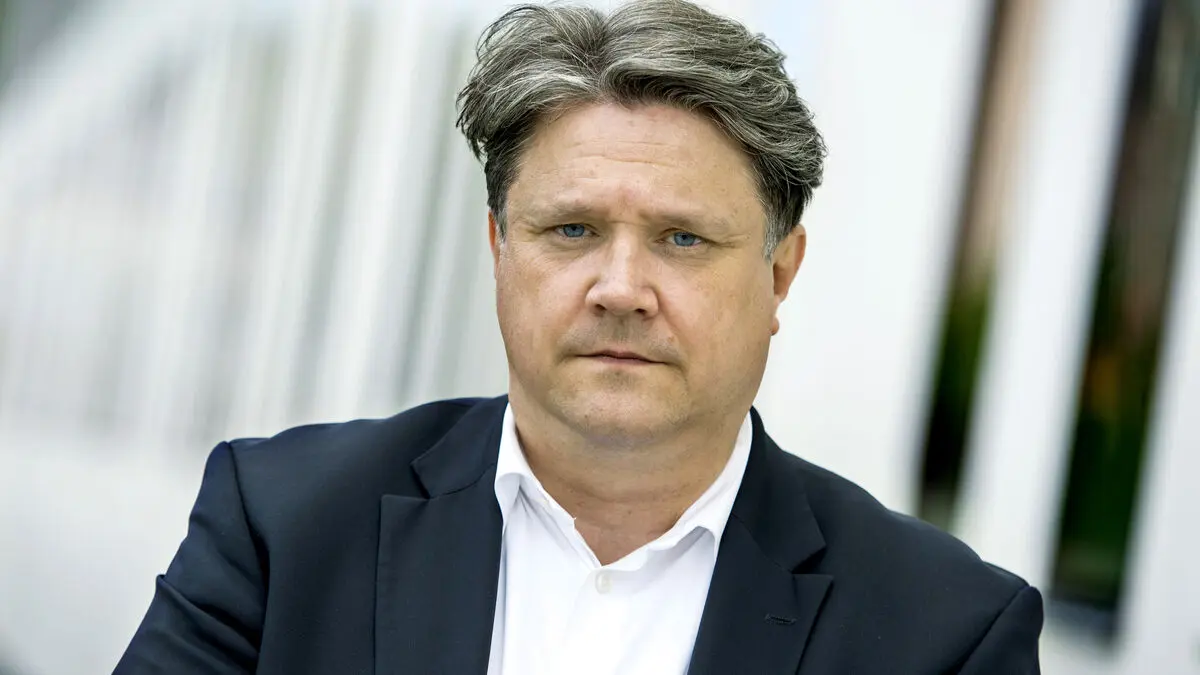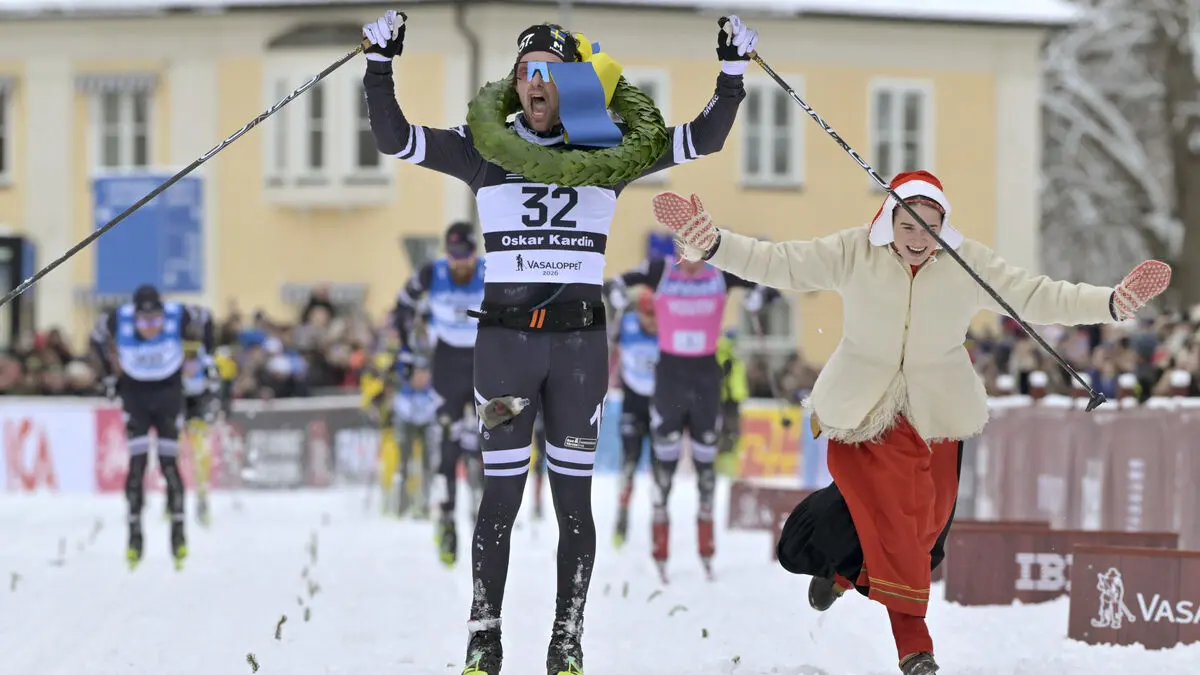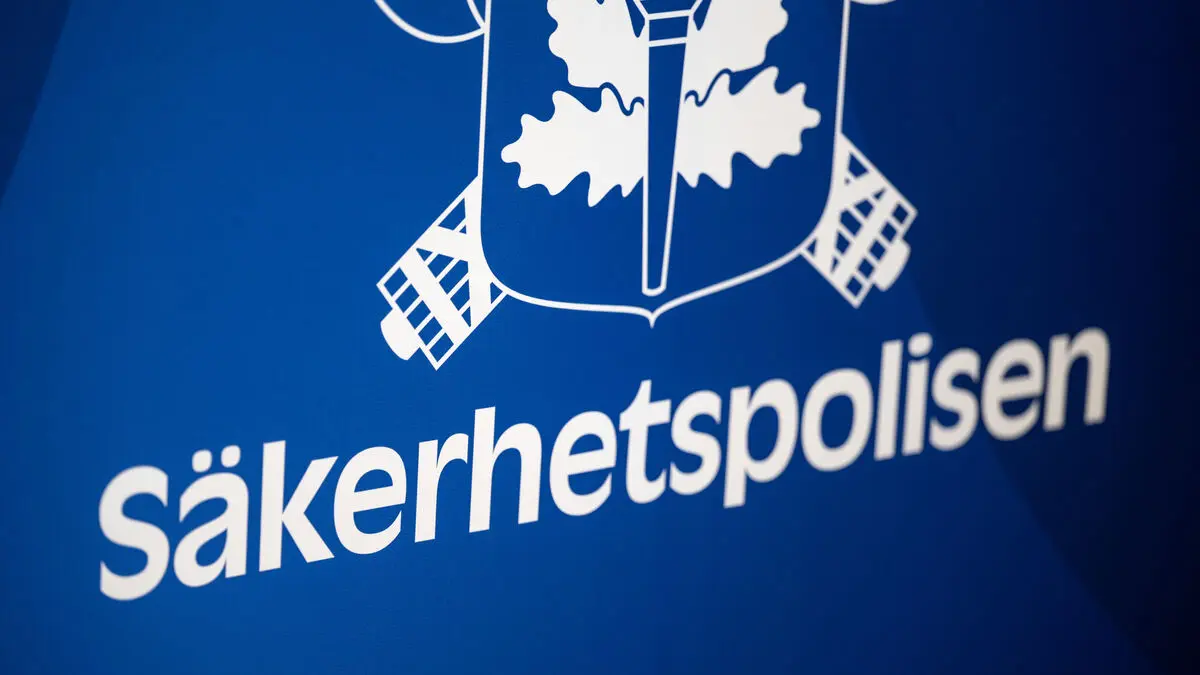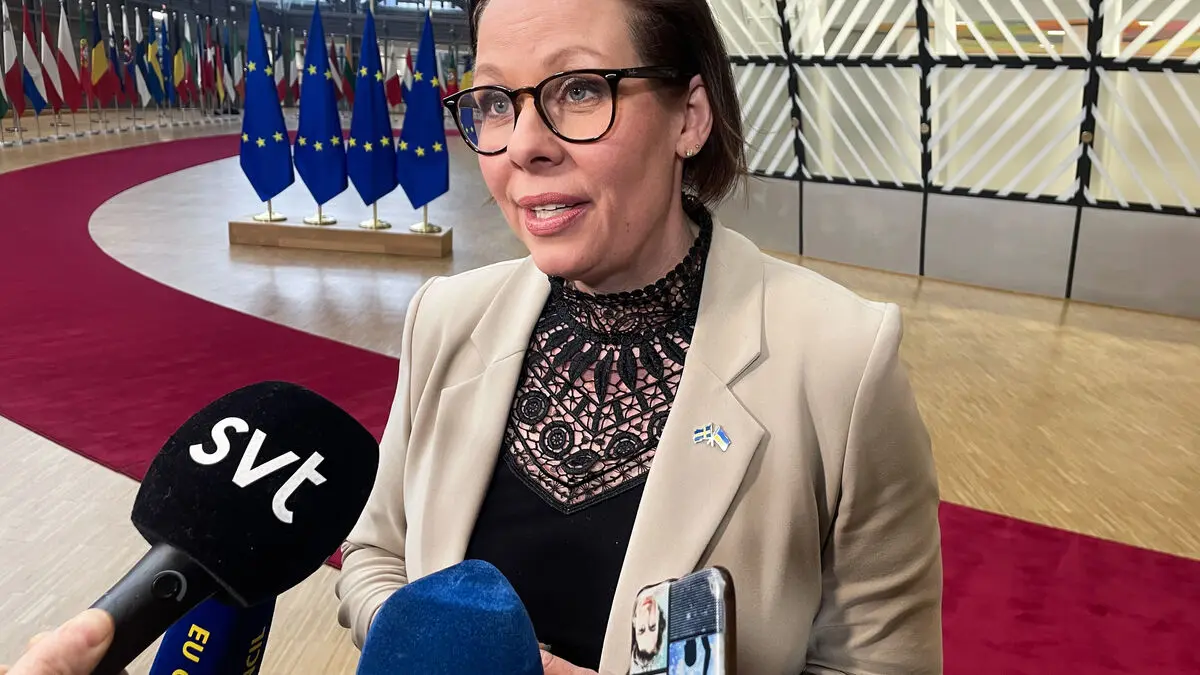Russian and Belarusian athletes are allowed to participate in the OS under certain conditions.
But only 32 athletes are registered.
I don't think they will experience it as particularly pleasant to participate, says Russia expert Bo Petersson.
After many twists and turns, the decision was made to allow individual Russian and Belarusian athletes to participate in the summer OS under a neutral flag and with requirements for neutrality.
But it is remarkably few athletes from the two nations who are registered for the games in Paris: 32. Several of the nations' major sports federations are boycotting, and that is part of the explanation.
Bo Petersson – professor of political science at Malmö University and specialized in Russian politics – says that one can interpret the figure in two ways:
On the one hand, that the regime and special federations, which are loyal to the regime, do not see any value in sending these individuals since the political context, according to propaganda, is such that: it is the evil West that is behind the boycott and that it is therefore humiliating for Russian and Belarusian athletes to participate under those conditions. That it is not worthy of a great power to be treated in that way.
He continues:
The other is that, given the regime's skepticism, one can think that it is less attractive for individual individuals to participate since it can be associated with discomfort for the individual person, to be exposed to pressure or reprisals in various ways.
"Long-term, it is a political victory"
Since Russia's invasion of Ukraine in February 2022, there has been a burning question about how sports should relate to it. In December last year, a definitive decision was made by the International Olympic Committee (IOC) regarding OS 2024.
Petersson believes that it cannot be seen as a Russian political victory in the short term, given that athletes compete individually and as neutrals.
Politically, it is not a propaganda victory for Russia or Belarus. It can, of course, be interpreted in internal propaganda as yet another proof that the "evil West" always opposes them. And so it will probably happen, he says.
It may be a Russian setback in the short term. But in the long term, a potential political victory for Russia, predicts Petersson.
In the long term, as exceptions are made that allow individual individuals to participate, it means that the united front behind the boycott begins to crack. More long-term, it is a political victory for Russia and Belarus. But short-term, it is not a propaganda win.
How do you think the Russian and Belarusian athletes will be received during the OS?
I don't think they will experience it as particularly pleasant to participate. I don't think many are aware that this is happening to a large extent against the advice of special federations. They will probably be seen as representatives of their countries. Above all, when they compete against Ukrainian athletes, it will become pointed, says Petersson.
Reinebo: "We think it's wrong"
Sweden's team leader Peter Reinebo says that there have been Swedish athletes in an earlier stage who have expressed discomfort over potentially facing Russian and Belarusian Olympians.
From the Swedish Olympic Committee (SOC), the stance is still that they are against the IOC's decision.
We don't think Russian and Belarusian athletes or leaders should be allowed to participate in international sports during the time when they are waging an aggressive war against a neighboring country, a free nation. We think it's wrong, says Reinebo.
The International Olympic Committee has the following recommendations for Russian and Belarusian athletes to compete under a neutral flag in the OS in Paris:
+ Athletes with Russian or Belarusian passports can only compete individually and as neutrals.
+ No teams consisting of athletes with Russian or Belarusian passports can compete.
+ Athletes, leaders, or officials who have actively supported the war cannot compete.
+ Athletes who are employed or contracted by Russian or Belarusian military or security services cannot compete.
+ Athletes must follow the anti-doping regulations.
Russian athletes were allowed to compete under a neutral flag in the 2018 and 2022 Winter OS and the 2021 Summer OS – this due to a ban for widespread doping in the country.
Currently, 32 athletes from Russia and Belarus are registered for the OS in Paris. Tennis is the sport with the most athletes from the two countries. The Russian world number five Daniil Medvedev is a name that stands out.
Source: The Swedish Olympic Committee and the International Olympic Committee

